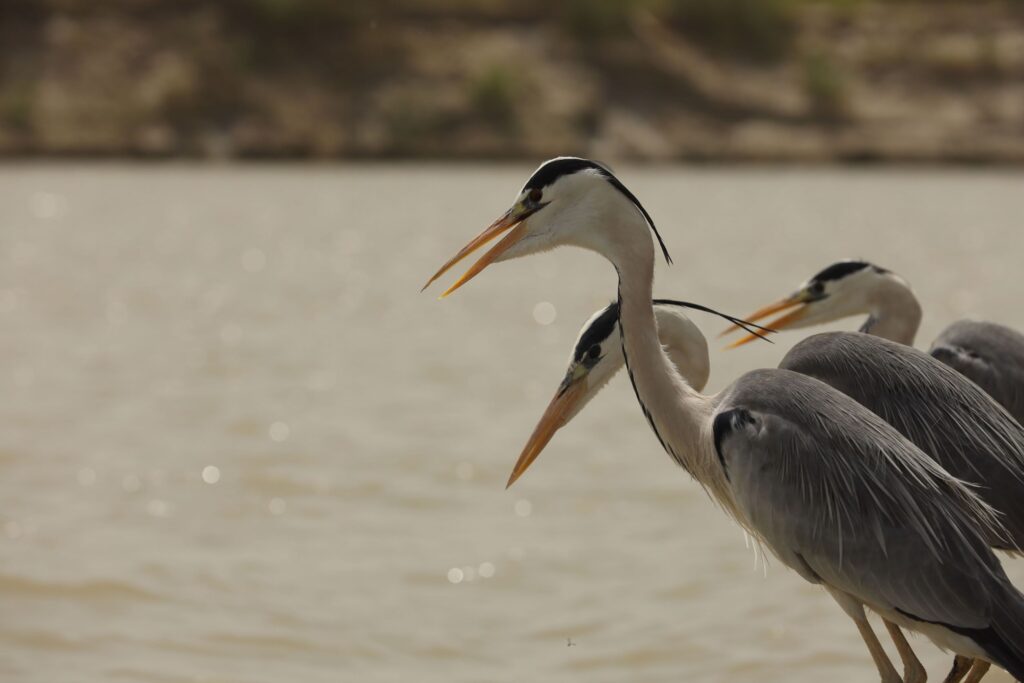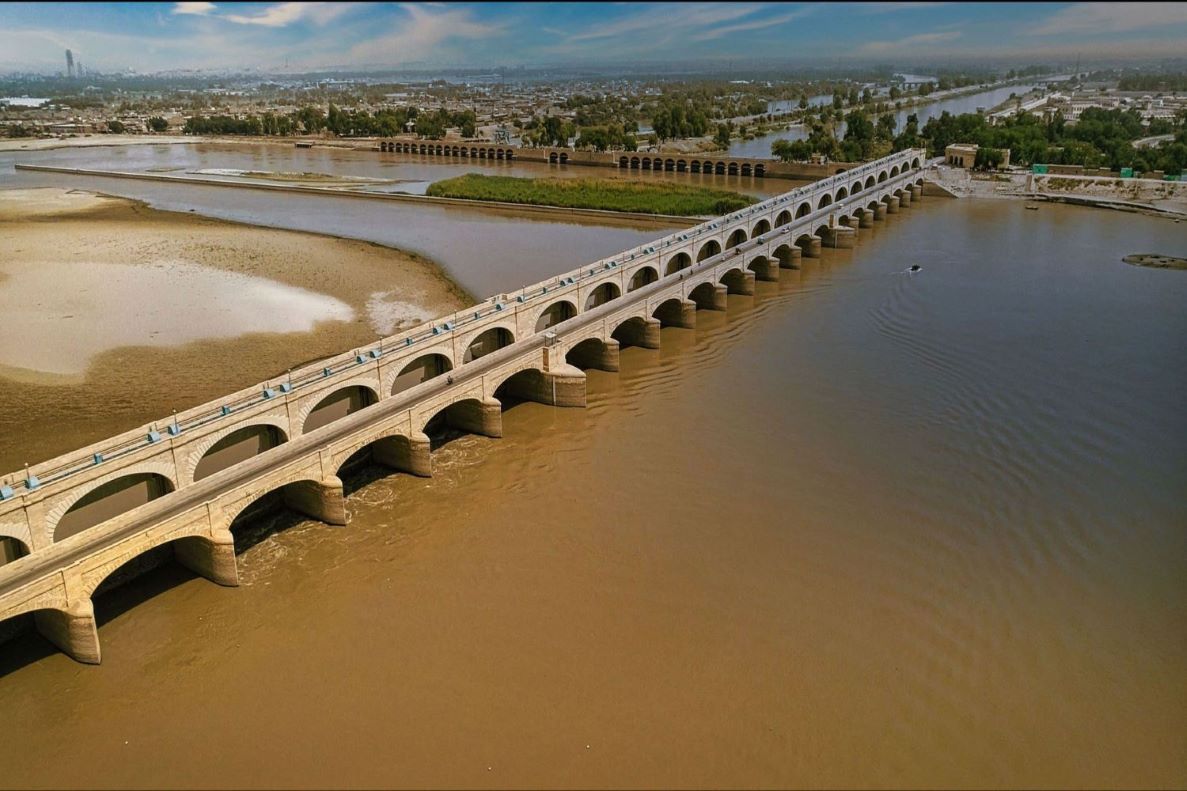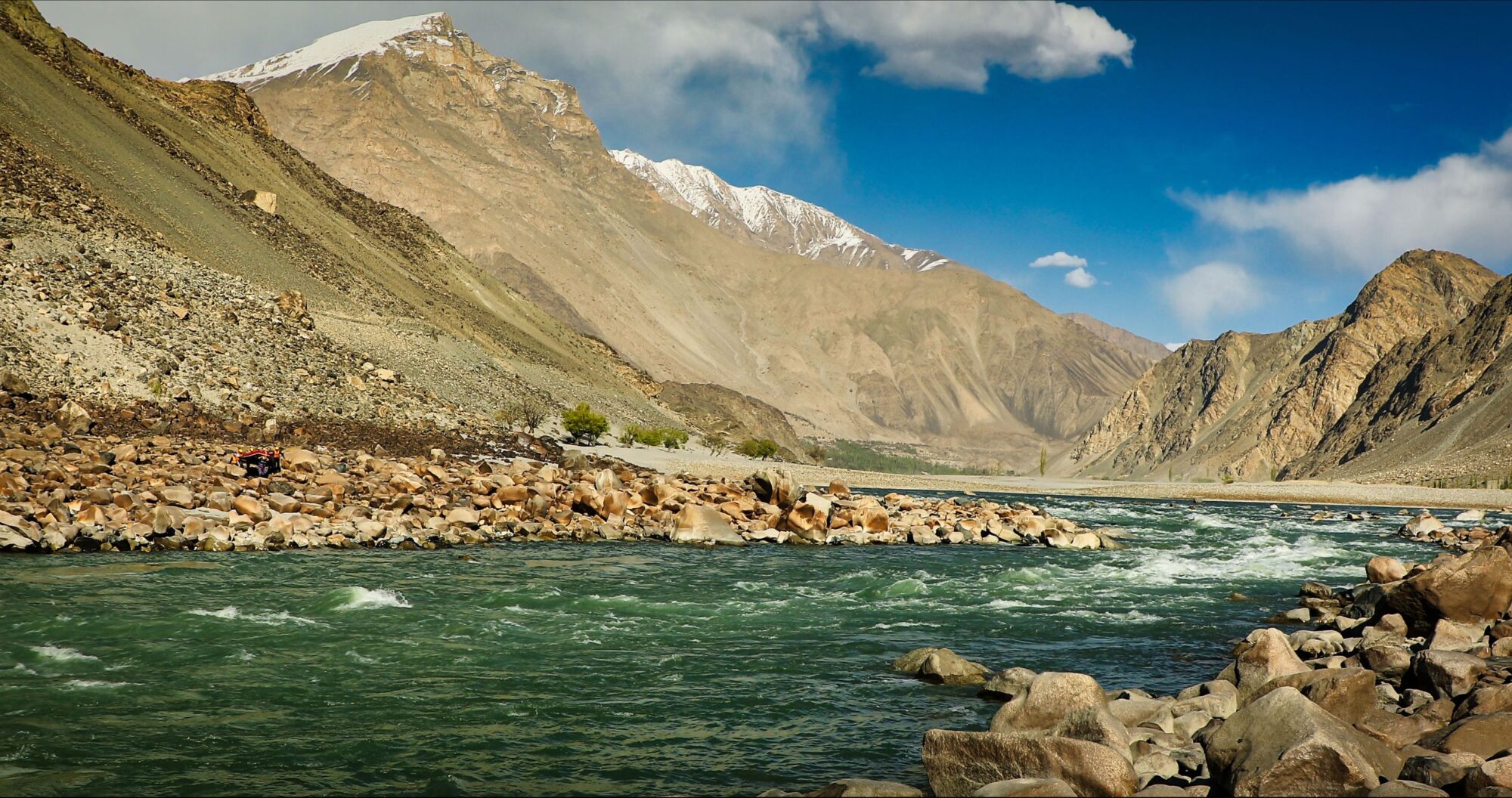The idea of a Living Indus prospectus for the Basin’s ecological restoration (within the boundaries of Pakistan) was developed jointly by the Ministry of Climate Change and United Nations in Pakistan under a directive of the Prime Minister’s Committee on Climate Change for the Government of Pakistan.

The scope was refined and developed through a series of consultations with senior policy makers and experts in all the provinces (mostly at the Chief Minister level) and in Azad Jammu and Kashmir (Prime Minister’s office); meetings of our research team with provincial policymakers in key ministries and departments; and a series of expert consultations with academic, civil society, business and area specialists. We are grateful to all who provided comments and ideas during the consultation process. We are also grateful for the care with which reviewers in government departments at the Federal and Provincial levels read the document and provided feedback that has greatly improved this version. We hope that a number of comments that were beyond the scope of the current exercise in proposing useful next steps and expansion of ideas will be taken up in subsequent work.

Insight and supervision was provided by a Steering Committee headed by Julien Harneis (United Nations Resident Coordinator for Pakistan) with Joudat Ayaz (Additional Secretary Ministry of Climate Change), Florence Rolle (FAO representative to Pakistan), Aban Marker Kabraji (UNDCO Senior Advisor Climate Change and Biodiversity), Saad Hayat Tamman (National Coordinator), and senior advisors Mark Halle and Adil Najam as members.
The research and writing team was guided by Senior Advisors Mark Halle and Adil Najam. The writing team included Saad Hayat Tamman (National Coordinator), Dr. Fazilda Nabeel (Punjab Coordinator) and Faraz Toor (Data Lead), with valuable inputs also coming from Dr. Muhammad Zia Hashmi of the Global Change Impact Studies Centre (GCISC). In addition to them, the Research Team also included Imran Leghari (Sindh Coordinator), Sanaullah Khan (KP Coordinator), Abdur Rauf (AJK Coordinator), Faiz Kakar (Balochistan Coordinator), Gulalai Khan (National Communication Lead) and Ali Gauhar (Communication Specialist) who developed and refined the ideas contained in this report. We are grateful for the support and insights provided by the staff at the Ministry of Climate Change, the office of the United Nations Resident Coordinator, and United Nations Food and Agriculture Organization.

The initiative proposes an indicative menu of 25 high-impact interventions for policy makers, practitioners, and civil society to lead and support the ecological restoration of the Indus Basin. These interventions have emerged from the process of consultation with national and provincial policymakers, experts and civil society by organizing many of the shared ideas and initiatives.
We recognize that this list of possible interventions presented is preliminary and potentially incomplete. It is designed to be a living list that will evolve, refine and grow with more contributions and addition of nuance and priority as this conversation continues. But it is offered as a sense of priority and urgency and in the belief that we cannot afford the luxury of waiting.
Many of the actions that we know need to be taken, must be taken now. Immediately. This is our contribution to what some of these actions could be.
Showreel

No danger is more existential to today's Pakistan than the perils of unabated climate change and the havoc it could play with the Indus Basin
For Indus restoration the required annual investment for climate change adaption has been estimated to US$ 7 billion to US$ 14 billion
Women are more vulnerable to the effects of climate change than men, as they are more dependent on natural resources for their livelihoods
